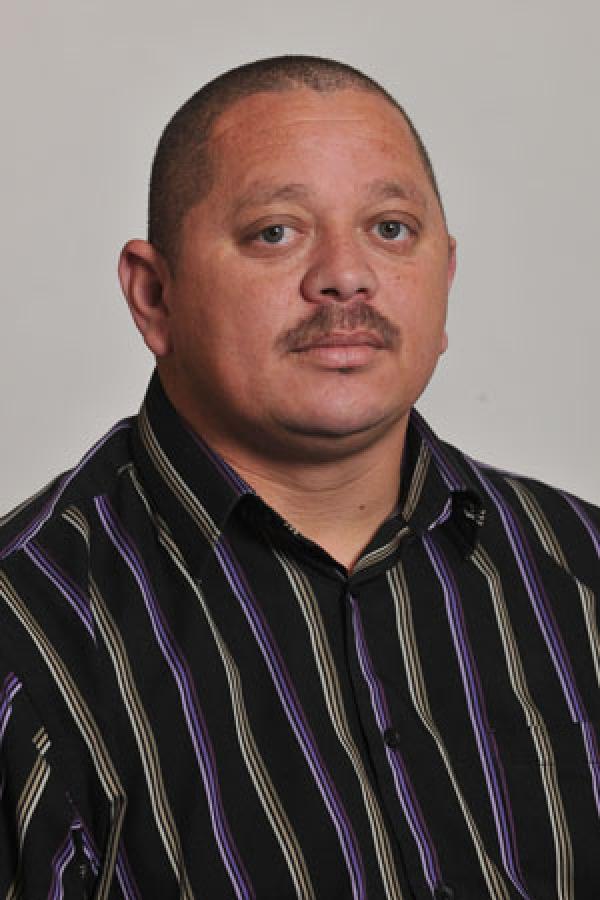City spends hundreds of millions of rand on informal settlement sanitation: a response to the SJC

The latest in a string of articles by the Social Justice Coalition (SJC), disseminating inaccurate and misleading information, further warps the facts and the realities within which the City of Cape Town must operate. But then, the SJC never let the facts get in the way of the pretty graphics that they have begun to share widely with such gusto.
Mr Kramer says that the City tells a different story from our data. No, it does not. He needs to read the story as it is written and not take the poetic licence he so freely does.
It is a pity that the SJC has chosen to take one amount (R22 million) out of the City’s budget and build its narrative around that. A more honest and thorough interrogation would have considered the whole budget to see what percentage will be spent on the poor communities.
Urbanisation, for instance, has a budget of more than R90 million. Every single cent of this will be spent on upgrading areas of informality, be it informal settlements or backyarders. Likewise, the bulk of the Human Settlements budget is spent on housing opportunities for the poor, and a large percentage of informal settlement dwellers will benefit from this.
The City has not only set aside R22 million for water and sanitation infrastructure in all 204 informal settlements in Cape Town. In fact, in the 2015/16 budget, we have set aside R503,7 million (operational and capital budget) on water and sanitation services directly to informal settlements. This does not include budget spent on backbone and bulk infrastructure to support the whole city, including informal residents. It also does not include the money that the Human Settlements Directorate spends on water and sanitation as part of their own programmes in informal settlements.
Mr Kramer mentions that the fact that an informal settlement may be too dense, for example, does not prevent investment in infrastructure. This is untrue. Even if we are able to put infrastructure in an area, in many settlements there is simply not enough space for extra buildings or for the City to install the required piping. To get that space would mean relocating residents which is, as the SJC can surely appreciate, challenging. Firstly, there is limited land for relocations. Secondly, residents are often reluctant to move from an area that is familiar to them and extensive negotiations don’t always lead to amicable solutions.
According to the chart the SJC refers to, more than 82% of informal settlements are on challenged/restricted land. 58% of this land does not belong to the City of Cape Town. It either is privately-owned, belongs to another sphere of government or to an entity like DENEL or PRASA. 26% of this land is totally unsuitable for permanent infrastructure development and installing it would not only be dangerous but also would be in contravention of national legislation. As the SJC is fully aware, the City cannot install services on land that is not ours. Where we can, we install services in close proximity to non-City land where people have settled.
The SJC’s claim that the City has exaggerated the pressure of migration from other parts of the country to our informal settlements is also rooted in faulty assumptions. To use the fact that only 4% of informal settlements were established in the past five years is a red herring. Many people who move to Cape Town’s informal settlements settle in established settlements. Census data from 2011 shows that the informal settlement dwelling count has increased by over 33 000. Many new residents are not able to pay rates, meaning that the funds available must be stretched further and further. Residents who come to Cape Town surely do so in search of a better life – which the City of Cape Town’s extensive redress policies seek to make a reality.
The fact is that the City of Cape Town has allocated enough money in the Water and Sanitation budget for 2015/16 to install toilets and standpipes where it is possible to do so. Once existing space opens up or community leaders come to an agreement with the City, more settlement opportunities could open up. This will in turn open up more scope for capital investment in flush toilets.
We are confident that our budget represents the best possible balance between uplifting the poor and maintaining existing infrastructure to a high standard. While we recognise the value in an engaged civil sector, it is most beneficial if they engage constructively and in good faith – two characteristics the SJC have thus far failed to demonstrate.
Cllr. Sonnenberg is the Mayoral Committee Member for Utility Services in the City of Cape Town. Views expressed are not necessarily GroundUp’s.
Support independent journalism
Donate using Payfast

Don't miss out on the latest news
We respect your privacy, and promise we won't spam you.
Next: UCT and transformation
Previous: Residents clash in Philippi

This article is licensed under a Creative Commons Attribution-NoDerivatives 4.0 International License.
